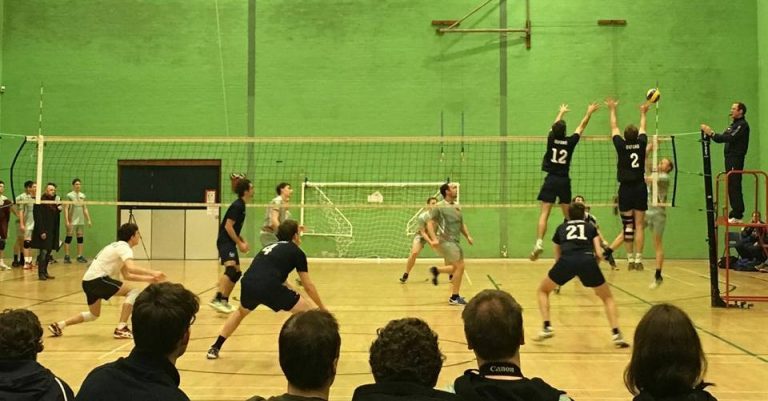Good Night Out (GNO) Oxford has requested process of negotiating with four other clubs and expect to £250 at the Fifth Week OUSU council meeting to run training sessions to educate nightclub staff on how to respond to harassment of women, as well as homophobic and transphobic incidents, raising awareness and changing the handling of harassment around Oxford.
GNO Oxford is part of the national Good Night Out Campaign, launched in London, which seeks to reduce harassment in licensed venues by educating staff on how to respond appropriately to instances of harassment.
The campaign is co-ordinated in London but, according to their website, it has “a dedicated network of regional organisers across the UK, Ireland and beyond – spreading the message that harassment is never okay.” The organization works in partnership with councils, women’s groups and charities across the country, delivering specialist training and support.
GNO Oxford has so far made substantial progress, contacting clubs in Oxford, which received positive responses. For example, this year GNO Oxford secured training for all the staff at Plush later in Hilary term. According to OUSU, they are currently in the have training dates confirmed by the end of the month.
This news comes amid rising fears that sexual harassment is on the rise at Oxford, with reports in 2015 of groping at parties within the College and the University, rape jokes overheard in communal areas and students coerced into sexual acts.
Last year, Alice Prochaska, the principal of Somerville College, announced female students face a barrage of “sometimes threatening behaviour on a scale unprecedented in my time as principal”. In order to train their pool of volunteers, funding is needed and GNO Oxford has successfully raised money through some university Common Rooms, which covered some of the costs. £250 pays for one facilitator training session, which includes bringing in a member of the national team to train up to 15 volunteers and all materials to distribute to participant clubs.
The OUSU motion proposed to contribute £250 to GNO Oxford as well as to mandate the VP Welfare and Equal Opportunities, Ali Lennon, to work with GNO Oxford, which is not currently formally affiliated with OUSU, as it is with many other student unions in British universities.
The OUSU Council motion went on to say that it believed, “Harassment is unacceptable in all instances and can be particularly distressing when it is focused against minority individuals. The negative effects of harassment can also be increased when met with a negative, blaming or doubting response from those in a position of authority, and as such it is extremely important to educate staff about harassment and how to respond to reports and disclosures.”
At the meeting on Wednesday, Tom Wadsworth, proponent of the motion, affirmed that £250 is needed to pay national trained leaders to go into clubs “the Wadsworth claimed that the work of GNO in Oxford will become much more prevalent in the future, saying, “We are hoping to train all the main clubs in Oxford by the end of Trinity.”
An amendment was proposed by Ali Lennon at the meeting which required that the money be spent in association with other stakeholders, including Oxford Brookes Student Union, Thames Valley Police, the Student Advice Service and liberation groups, to make the resolves more inclusive and broad-ranging. Lennon stated that although he “greatly sympathised with the aims and goals [of GNO]”, the reason he proposed the amendment was that there is “no evidence of this leading up to police level”. Lennon concluded, “We’re not saying no, we’re saying let’s refocus it, lets reframe it, let’s get more people in- volved and make it more intersectional.’’
Lucy Delaney, OUSU VP Women, seconded the amendment, saying, “I love Good Night Out and think their work should be implemented”, and that their work was “badly needed” in Oxford clubs. She praised the updated GNO Oxford policy, which included on harassment on grounds of race and disabilities. Following a revised motion, which proposed postponing further discussion until the Seventh Week OUSU meeting in order to resolve these concerns, the funding was granted. A training day has been scheduled for 4th March.



